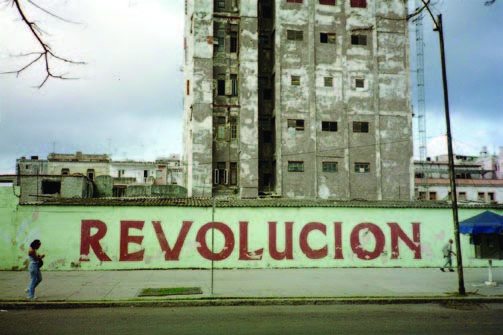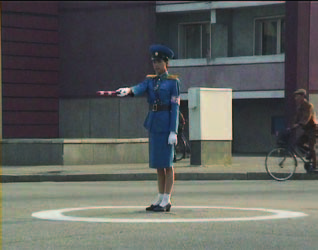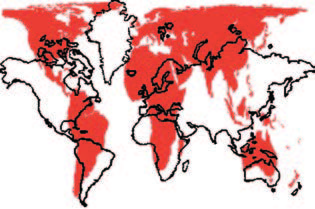Oswaldo Sardina fights for democracy in Cuba.
One man chose differently. Instead of escaping to Miami in the 1980 Mariel boatlift, Oswaldo Payá Sardiña stayed in Cuba to work for democratic reform.
Action: Project Varela
In 1996 he started Project Varela, consisting of five proposals: the right to freedom of speech and free enterprise, amnesty, the right for Cubans to create enterprises, and a new electoral law.
Payá says that the organization‘s aim is to “open the necessary space for the free and responsible participation of all citizens within the political and economic life of society.“ It’s the first time that ordinary Cubans have had the opportunity to make a change.
Finally, two years ago, Project Varela is put to the people’s consideration by means of a referendum, requiring at least 10,000 citizens‘ signatures to be valid.
Cubans have made an enormous effort and their support has been a great act of courage. “Signing meant being exposed to deterrence and repression,” one signer admits. Although in May 2002 enough signatures to make the Varela Project a draft law were presented to the National Assembly, this has been ignored by the Cuban government. But Payá isn‘t giving up: “Despite it all, the campaign continues. More and more people want to sign the Varela Project.”
Counter-action
But Cuba responded by arresting dozens of opposition figures, independent journalists, and economists in the biggest crackdown on government dissidents in years. “Their only crime was to have different political views than the regime required” says the announcer in the documentary Cuban Spring.
But Oswaldo Payá Sardiña did not stop his work. In December 2002, he won the Sakharov Prize for Freedom of Thought, thus officially gaining the international public‘s support for his efforts. In a tribute to the 1968 Prague Spring, Oswaldo Payá proclaimed a “Cuban Spring“ in a public letter released on the anniversary of the government crackdown on the dissidents. Payá announced that the suffering of Cuban dissidents had focused the world‘s attention on President Fidel Castro.
However, most participants seem to agree that there is little chance of an anti-Castro uprising while the old dictator still is in power; most, therefore, are focused on the post-Castro scenarios.
Our turn
Regis Iglesias, Varela Project coordinator sentenced to 18 years in prison is firm: “Until all political prisoners are released, and the Cuban people are granted the freedom of speech and assembly, and will have the right to own businesses, elect their own government, until then, will we continue with the Varela Project.
“The international campaign for the release of the Cuban prisoners has to continue. The ordinary workers, students, religious institutions, all people of good will should join the campaign. People from abroad should also support a peaceful change – the one we are fighting for here in Cuba. Cuba desperately needs solidarity.”











